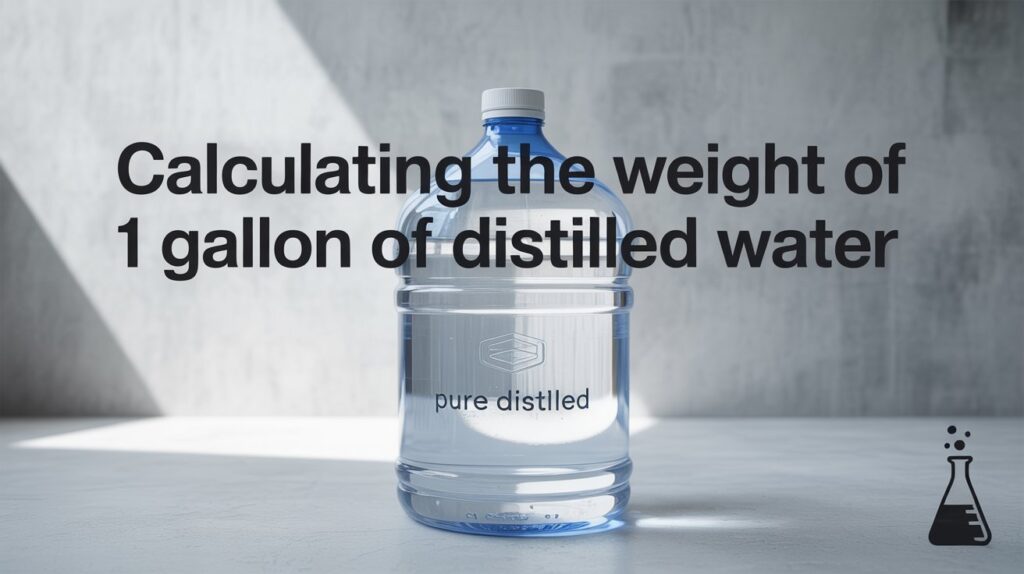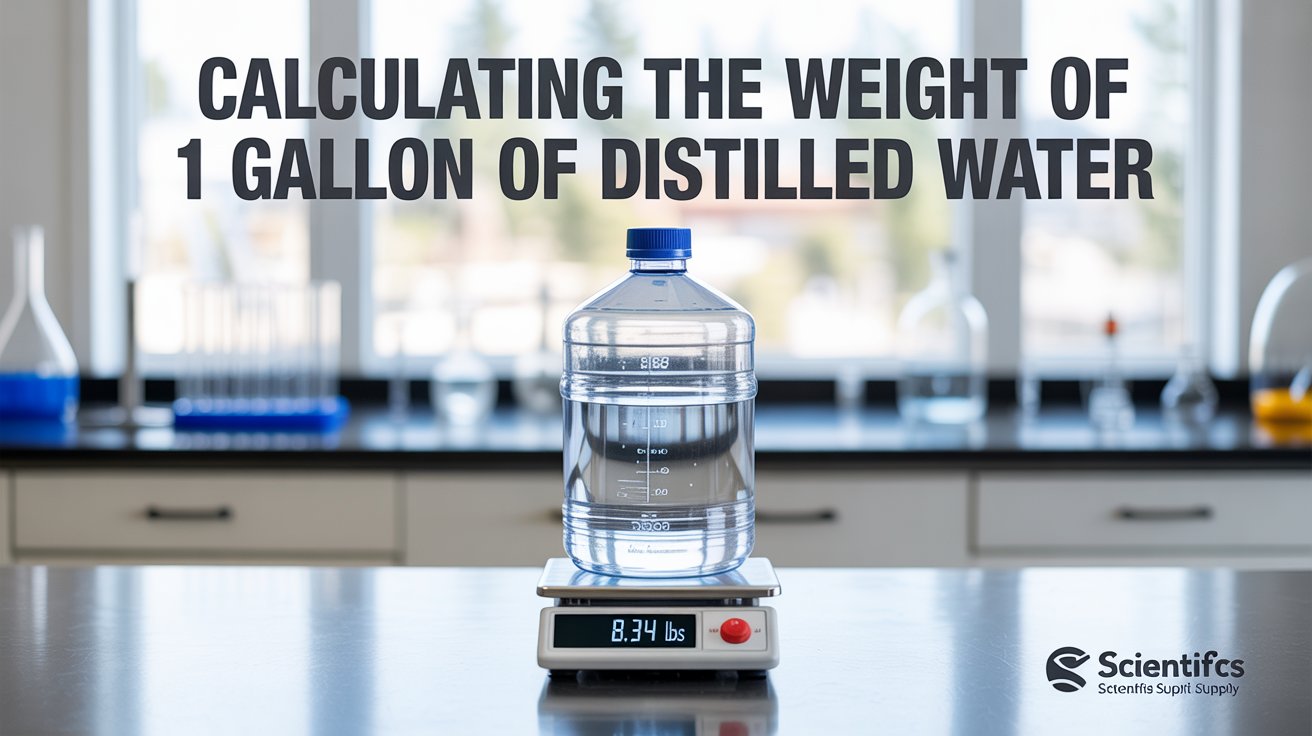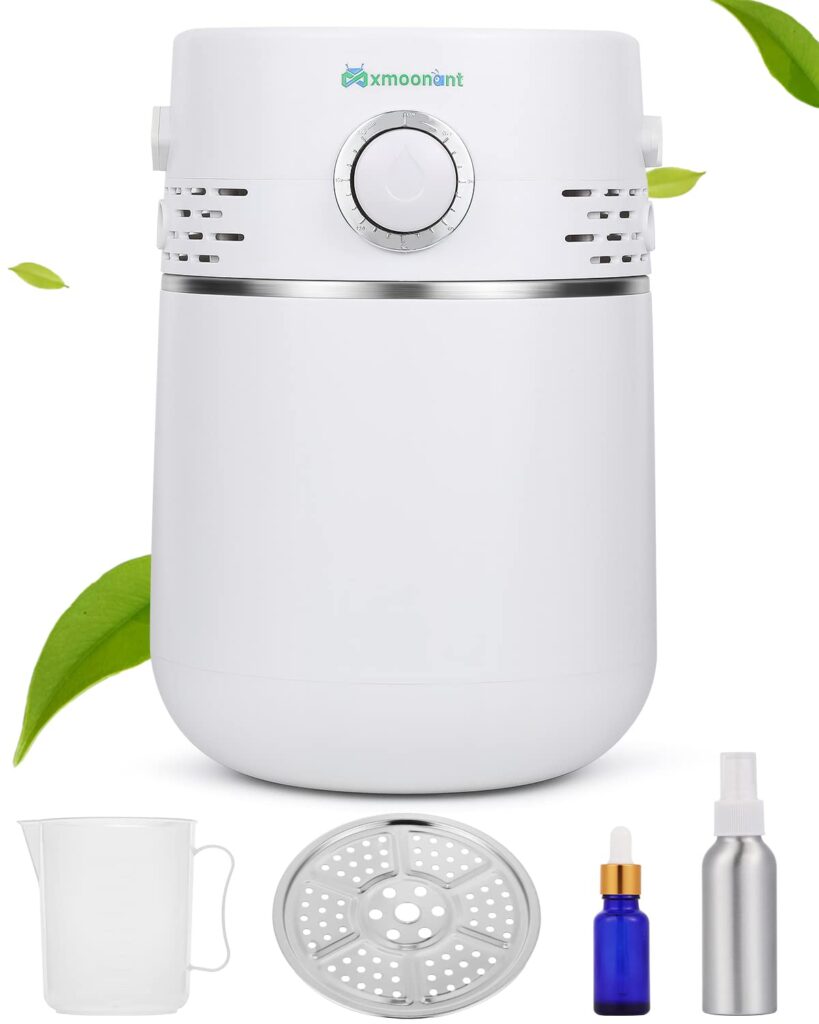Weight conversion is the process of converting the weight of an object from one unit of measurement to another. In the United States, the most common units of weight are pounds (lbs) and ounces (oz), while in other parts of the world, kilograms (kg) and grams (g) are more commonly used. Understanding weight conversion is important for a variety of reasons, including cooking, shipping, and scientific research.
When converting weight from one unit to another, it is important to know the conversion factors between the two units. For example, 1 pound is equal to 16 ounces, and 1 kilogram is equal to 2.20462 pounds. These conversion factors can be used to convert weight from one unit to another using simple multiplication or division. It is also important to note that weight conversion can be affected by factors such as temperature and pressure, so it is important to take these factors into account when making conversions.
The Density of Distilled Water
The density of a substance is a measure of its mass per unit volume. In the case of distilled water, the density is approximately 1 gram per milliliter at 4 degrees Celsius. This means that 1 liter of distilled water has a mass of 1 kilogram, or 1000 grams. The density of distilled water is important to know for a variety of reasons, including scientific research, cooking, and industrial applications.
The density of distilled water can also be affected by factors such as temperature and pressure. As the temperature of water increases, its density decreases, and as the pressure increases, its density also increases. This means that the density of distilled water can vary depending on the conditions in which it is measured. Understanding the density of distilled water is important for accurately measuring and converting its weight in different situations.
Converting Volume to Weight
Converting volume to weight is a common task in many different fields, including cooking, shipping, and scientific research. In order to convert volume to weight, it is important to know the density of the substance being measured. For example, if you have a certain volume of distilled water and you want to know its weight, you can use the density of water (1 gram per milliliter) to calculate its mass.
To convert volume to weight, you can use the formula: weight = volume x density. For example, if you have 1 liter of distilled water, you can calculate its weight by multiplying 1 liter by the density of water (1 gram per milliliter), which equals 1000 grams. This formula can be used for any substance with a known density in order to accurately convert volume to weight.
Calculating the Weight of 1 Gallon of Distilled Water
In order to calculate the weight of 1 gallon of distilled water, it is important to know the conversion factor between gallons and liters, as well as the density of water. There are approximately 3.78541 liters in 1 gallon, and the density of water is 1 gram per milliliter. Using these conversion factors, you can calculate the weight of 1 gallon of distilled water by multiplying the volume in liters by the density.
Using the formula weight = volume x density, you can calculate the weight of 1 gallon of distilled water by multiplying 3.78541 liters by the density of water (1 gram per milliliter), which equals approximately 3785 grams or 8.34 pounds. This calculation can be useful for a variety of practical applications, including cooking, scientific research, and industrial processes.

Practical Applications of Knowing the Weight of 1 Gallon of Distilled Water
Knowing the weight of 1 gallon of distilled water has a variety of practical applications in different fields. In cooking, for example, knowing the weight of water can help in accurately measuring ingredients for recipes. In scientific research, knowing the weight of water is important for conducting experiments and making accurate measurements. In industrial processes, knowing the weight of water is important for shipping and manufacturing products.
In addition to these practical applications, knowing the weight of 1 gallon of distilled water can also be useful for everyday tasks such as filling up a fish tank or watering plants. By knowing the weight of water, you can ensure that you are adding the correct amount for your specific needs. Overall, knowing the weight of 1 gallon of distilled water can be useful in a wide range of situations.
Factors Affecting the Weight of Distilled Water
There are several factors that can affect the weight of distilled water, including temperature and pressure. As mentioned earlier, as the temperature of water increases, its density decreases, which means that its weight also decreases. Similarly, as the pressure on water increases, its density also increases, which means that its weight also increases.
In addition to temperature and pressure, impurities in water can also affect its weight. Distilled water is pure water with all impurities removed through a distillation process. However, if there are impurities present in the water, they can affect its density and therefore its weight. Understanding these factors is important for accurately measuring and converting the weight of distilled water in different situations.
Importance of Knowing the Weight of 1 Gallon of Distilled Water
In conclusion, knowing the weight of 1 gallon of distilled water is important for a variety of practical applications in different fields. Whether you are cooking, conducting scientific research, or working in an industrial setting, understanding how to convert volume to weight and calculate the weight of water can be useful in many different situations. By understanding the basics of weight conversion and the factors affecting the weight of distilled water, you can ensure that you are making accurate measurements and calculations in your everyday tasks. Overall, knowing the weight of 1 gallon of distilled water is an important skill that can be applied in a wide range of contexts.



